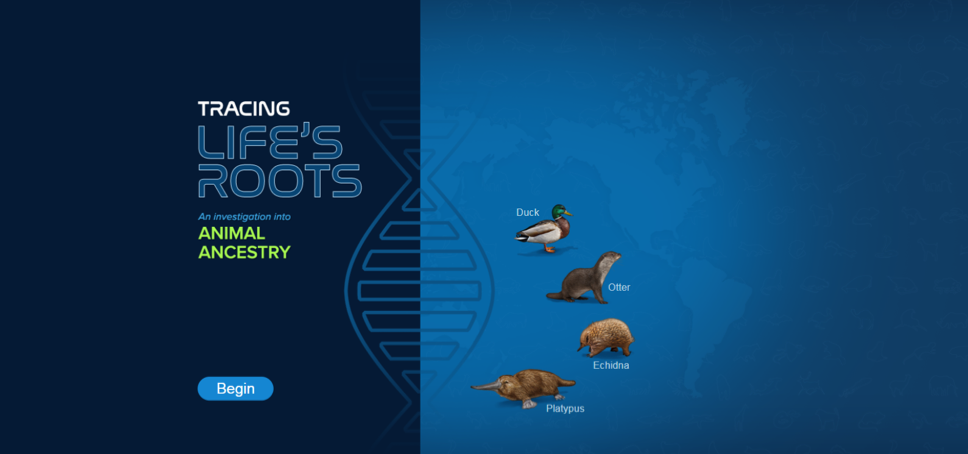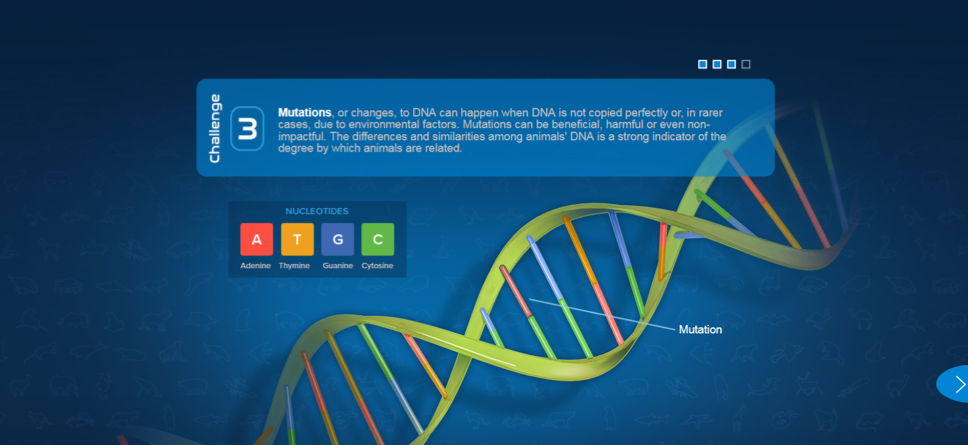TGR EDU: Explore launches new digital module covering animal ancestry
When asked “What do you want to be when you grow up?”, a common response from young students interested in animals is “a veterinarian.” Although becoming a veterinarian is a noble and valued profession, one that certainly appeals to a wide range of people, both young and old, more often than not students are simply unaware of the vast opportunities available to them in science, technology, engineering and math (STEM) fields that align directly with their passions. Opportunities that can advance human understanding of complex issues, provide life-saving research or solve difficult problems.
To bridge the gap between what students are interested in and what opportunities may be available to them in the future, TGR EDU: Explore, developed in partnership with Discovery Education, created a student-facing digital module for youth in grades 6-10 that takes them on an investigative journey to answer real-world questions about animals and their common ancestry. In doing so, it will allow students to experience what it is like learning and applying an array of STEM skills – similar to how professionals must approach their own work – in an authentic way. Titled Tracing Life’s Roots: An Investigation into Animal Ancestry, this brand-new digital module is now available on TGR EDU: Explore.

As Tracing Life’s Roots starts students are presented with a mission to investigate several lines of evidence in order to establish common ancestry among four animal species: the duck, otter, echidna and platypus. After learning key facts about each species, students are introduced to a virtual zoo laboratory where they will examine each animal in more detail.
Along the journey, students will make stops at an Embryology Lab, Anatomy Room and DNA Lab. At each stop, they will learn important STEM concepts and apply this new knowledge to develop a thesis on which two animals are most closely related. For example, at the DNA Lab, the topics of DNA replication and mutation are introduced, including how mutation can drive development and how scientists, using cutting edge techniques, are able to study DNA in great detail. From there, students are tasked with examining specific lines of genetic code to formulate a hypothesis about each animal’s relatedness.

At the end of the module, students explore a variety of unique and impactful STEM careers that may be of interest, including Population Geneticists and Biotechnology Laboratory Technicians.
Tracing Life’s Roots was developed to appeal to students’ interests, introduce them to concepts relevant to their academic success and highlight future careers in STEM, opening a new world of possibilities.
For additional resources – including new lesson bundles, one that focuses on biotechnology and another on social and emotional learning (SEL), overcoming failure and developing a growth mindset – please visit TGR EDU: Explore’s Curriculum page today.
Redefining what it means to be a champion.


